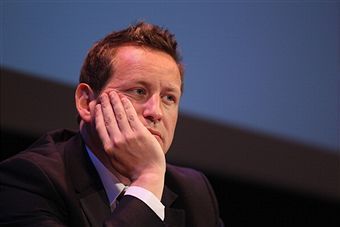 The Digital Economy Act (DEA) is to be ‘rebooted’ before the summer recess, so that it
The Digital Economy Act (DEA) is to be ‘rebooted’ before the summer recess, so that it
can be brought into force next January. Digital policy expert James Firth explains how the Act is
being brought forward by placing it before the European Commission, a process that was overlooked when the Act was passed during the ‘wash out’ at the end of the last parliament. He also hints at a
possible division on this issue within the Department for Culture, Media and Sport (DCMS), suggesting that this new approach is “being driven personally by Jeremy Hunt”.
So it seems. Some of those who were privy to discussions at the DCMS say that Ed Vaizey, the minister tasked with the digitalisation of Britain, insisted that government should not be regulating
the Internet. Rather, Vaizey has been seeking an accommodation that would allow Internet Service Providers (ISPs) and users to self-regulate. This is more than a point of pure philosophy. Vaizey
has the support of ISPs, who believe the statutory requirement that they pay 25 per cent of the costs of enforcing copyright laws will impede their provision of cheap broadband across Britain, the
central aim of the DEA. They have already challenged the government in court over this and will attempt to do so again.
Vaizey has also been looking at France, where President Sarkozy has created an agency, HADOPI (an equivalent of the role envisaged here for Ofcom), to co-ordinate policing of the Internet. Since
January, the organisation has been hacked and enormous amounts of DATA have been leaked. Also a survey by the French government found
that HADOPI has only reached 7 per cent of Internet pirates. With Gallic understatement, Sarko has
since conceded that the policy was an ‘error’.
The upshot is that governments will struggle to regulate the Internet, and certainly not without great cost.






Comments